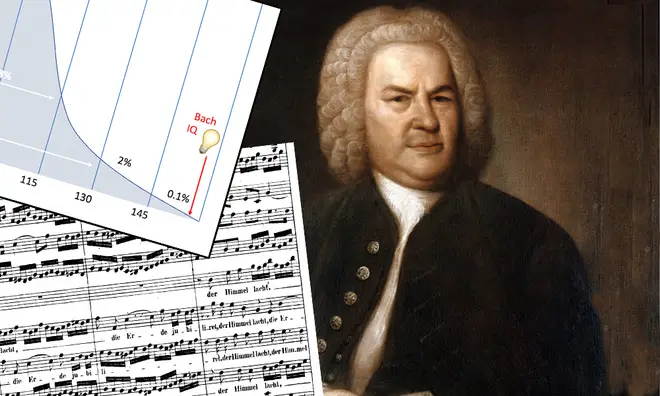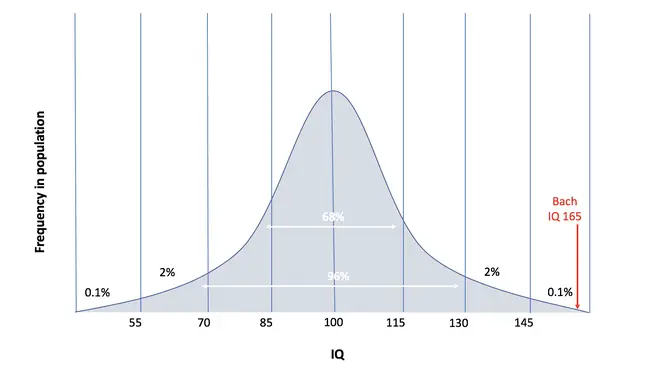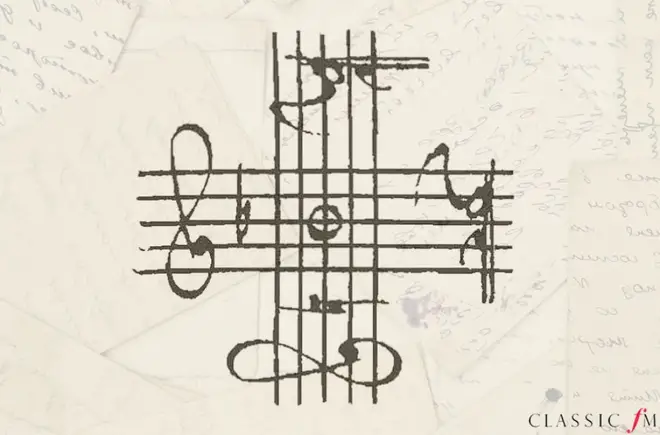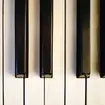What was Bach's IQ and was he really a genius?
8 November 2018, 12:10 | Updated: 8 November 2018, 13:40

There is no doubt that Bach was a musical genius, but what clues did he leave behind to reveal his actual IQ?
165. That's the number music scholars and scientists have landed upon for their best guess as to J.S. Bach's IQ.
While we can’t measure exactly what Johann Sebastian Bach’s IQ was, the IQ score that is widely accepted amongst studies is 165. Going by today's IQ measurements, this would land him in the ‘very superior’ IQ classification. In other words, he was scientifically classified as a genius.
We're not really surprised though, a man who could improvise a six-part fugue: what else would you expect?

An IQ of 165 means that Bach would be among the brightest 0.25 per cent of today's population. This would have been an even smaller percentage in Bach's lifetime because not everyone had access to education.
Unfortunately, we can’t accurately measure Bach’s exact IQ today, but we can hear the proof of his genius in his music. He even left us some more clues in his work…
We could write essays upon essays about Bach's mastery of fugue and counterpoint.
But instead, here are a few of the golden nuggets of genius that Bach left in his work:
The BACH motif
This trick stems from Bach's surname. In Germany, where Bach lived, B naturals are called 'H' and B flats are simply called 'B'. So, B-A-C-H translates to a four-note motif:
Bach managed to fit this sneaky motif into much of his work and it became a sort of signature. Think of it as the musical genius' equivalent to a hidden word puzzle

Signing off in style
By using two treble clefs, tenor clef, and an alto clef, the BACH motif can be written out in the form of a cross using one note intersecting four staves.
Although Bach himself didn't use this as his signature, this cross also reflects Bach's deep devotion to God – something present in all his music.

Number symbolism
By replacing each letter of Bach's name with its number equivalent in the alphabet, Bach's name translates into 2+1+3+8=14. Bach's playful manipulation of the number 14, for example in the 14 canons of the Goldberg Variations, occurs time and time again throughout his prolific career.
The number seven was also important to him, and it is often presented in pairs in his work. The number seven stands for perfection and completeness in Christian theology, and Bach was a devout Christian.
So, as well as being a musical genius, it seems that he was a mathematical whizz too. Although, as he put it, he had no interest in displaying his intellect through his music – “The aim and the final reason of all music should be nothing else but the glory of God and the refreshment of the human spirit.”


























